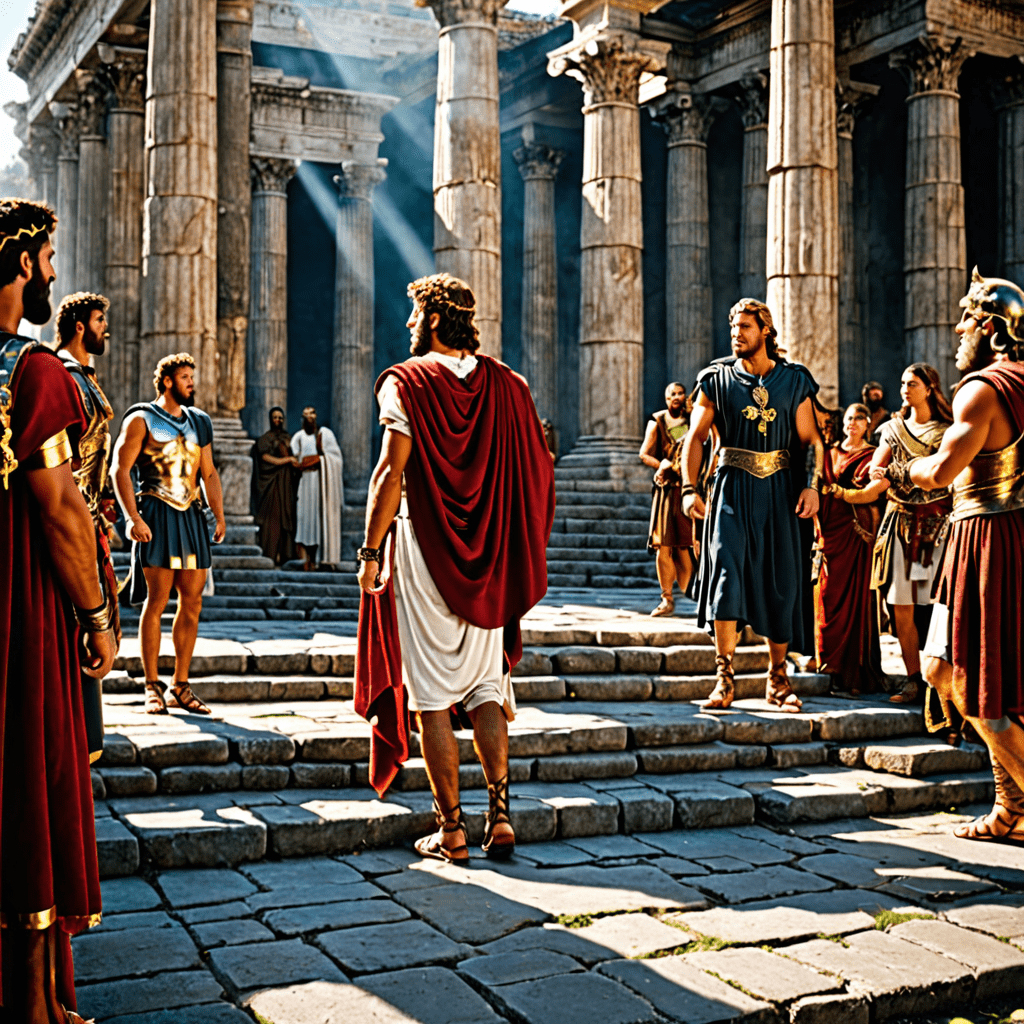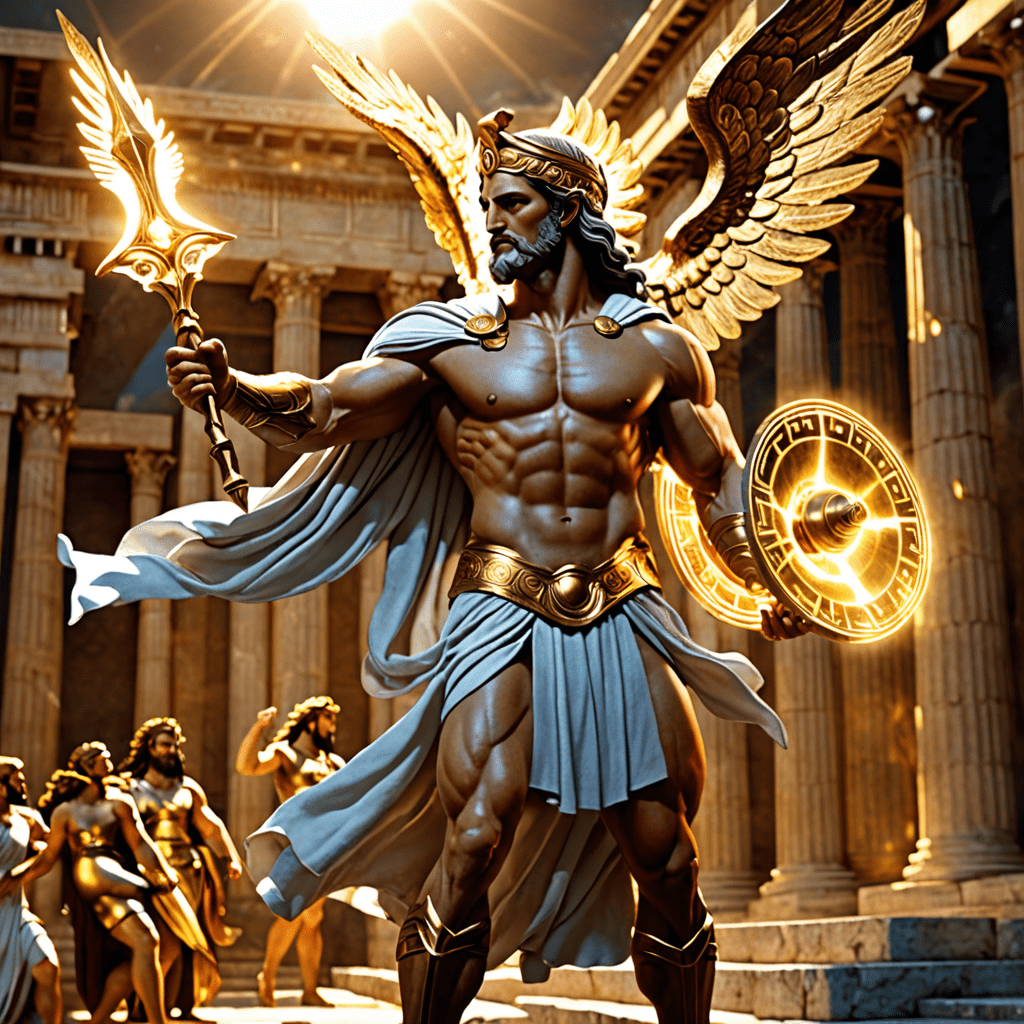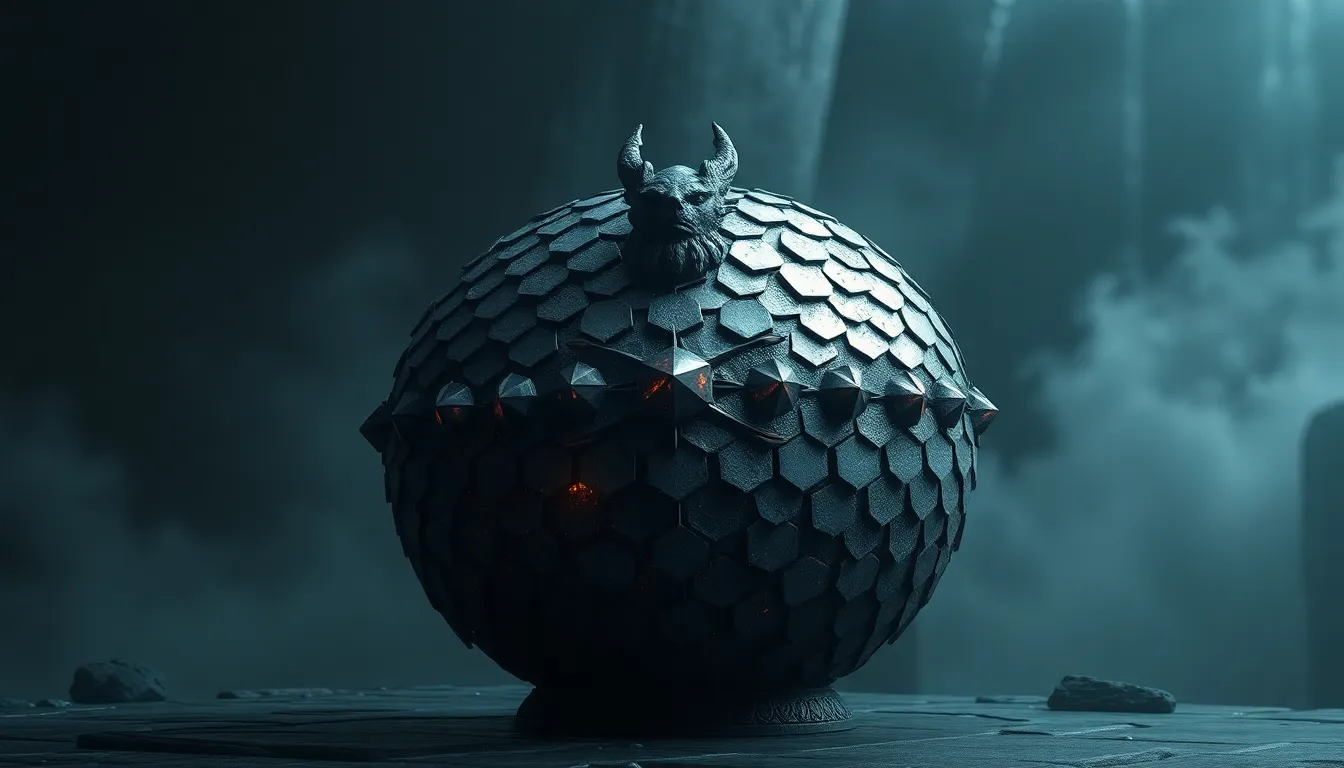The Role of Fate and Free Will in Roman Mythological Stories
In Roman mythological stories, the interplay between fate and free will is a complex and intriguing theme that often shapes the destinies of gods, goddesses, and mortal beings. Let’s delve into this fascinating dynamic and explore how it unfolds in the myths of ancient Rome.
Understanding Fate in Roman Mythology
In Roman mythology, fate is often personified as the Moirai, known as the Parcae in Latin, a trio of goddesses who control the destiny of individuals. They are responsible for spinning the thread of life, determining its length, and ultimately cutting it to mark the end of a person’s existence. The concept of fate in Roman mythology reflects a predetermined course of events that individuals are powerless to alter.
The Influence of Free Will in Roman Mythological Narratives
While fate plays a significant role in shaping the outcomes of events in Roman myths, the concept of free will also comes into play. Mortals and immortals alike are portrayed making choices that can either align with or defy the hands of fate. Characters often grapple with decisions that have the power to alter their destinies, showcasing the nuanced interaction between free will and predestined outcomes.
Examples of Fate and Free Will in Roman Legends
One iconic example of fate and free will in Roman mythology is the story of Oedipus. Despite attempts to avoid his prophesied fate, Oedipus ultimately fulfills the prophecy, highlighting the inevitability of destiny. On the other hand, the myth of Aeneas depicts a hero who exercises his free will by choosing to follow his divine destiny of establishing Rome, showcasing the balance between personal agency and predetermined fate.
The Philosophical and Ethical Implications
The intersection of fate and free will in Roman mythological stories raises profound philosophical and ethical questions about the nature of choice, destiny, and personal responsibility. It prompts contemplation on whether individuals have the power to defy fate through their actions or if fate ultimately reigns supreme in determining the course of one’s life.
What is the significance of Fate and Free Will in Roman Mythological Stories?
1. What is Fate in Roman Mythology?
In Roman mythology, Fate, often personified as the three Moirai or Parcae, were believed to control the destiny of individuals. They determined the course of one’s life from birth to death.
2. How is Free Will portrayed in Roman Mythological Stories?
Free will in Roman myths often depicted individuals making choices that could alter their destinies, despite Fate’s influence. This tension between Fate and free will was a common theme in many Roman stories.
3. Can individuals challenge Fate in Roman Mythology?
While Fate was considered a powerful force, some Roman myths showcased characters attempting to defy or alter their predetermined destinies through acts of courage, trickery, or divine intervention.
4. How did Roman Gods and Goddesses interact with Fate and Free Will?
Roman deities were seen as both subject to Fate and capable of influencing it. They could either help individuals fulfill their destinies or hinder them, adding layers of complexity to the interplay between Fate and free will in Roman mythology.



